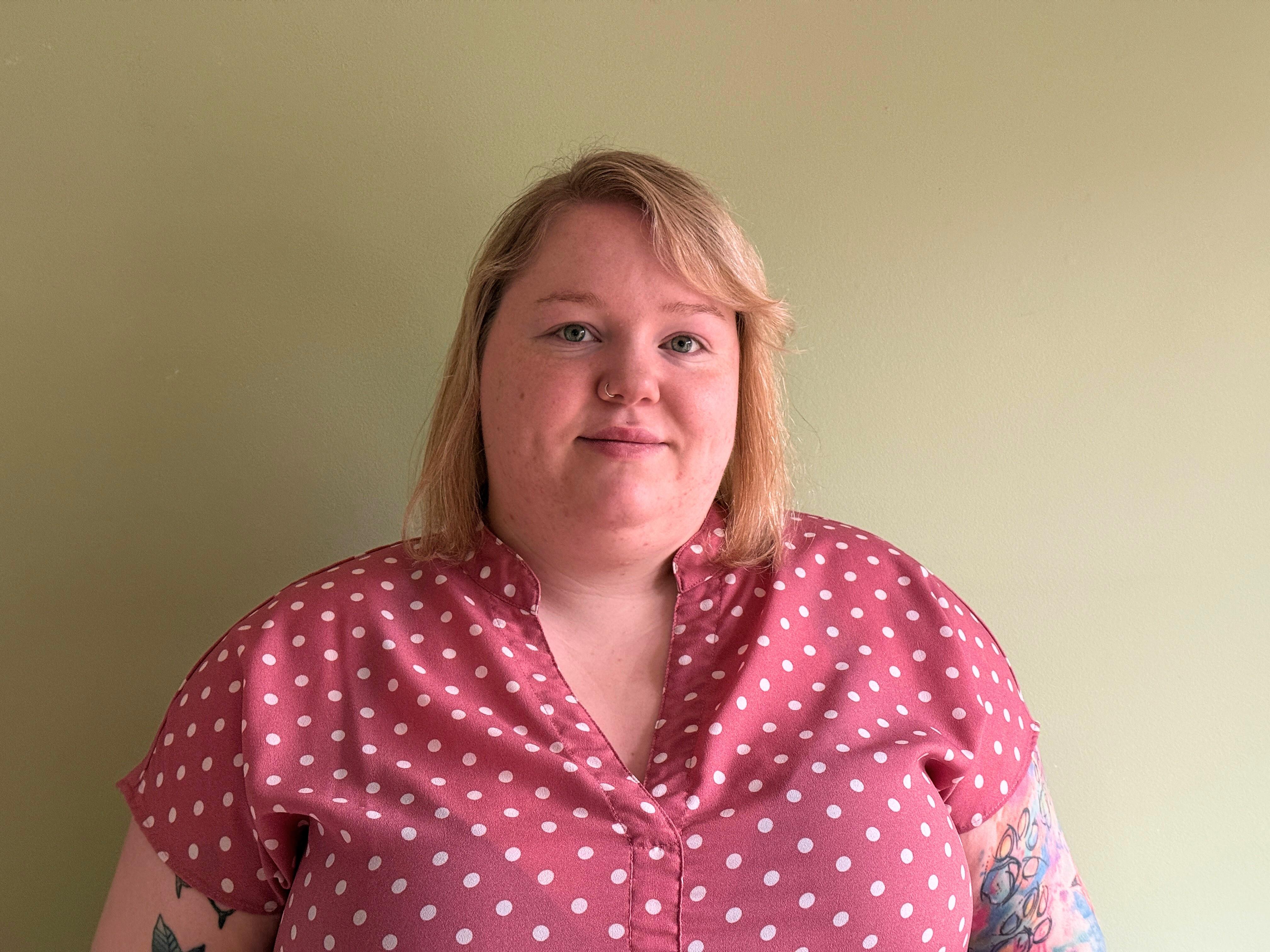
Bethany
Bethany works for a recruitment company in Manchester. She’s lived with type 1 diabetes for nine years, and while her diagnosis story isn’t straightforward, that, and the stigma she’s faced are not uncommon for a lot of people in the UK.
Here, she shares the story of her misdiagnosis and talks about how much of living with diabetes is hidden, and how she encounters stigma in a lot of different aspects of her life.


